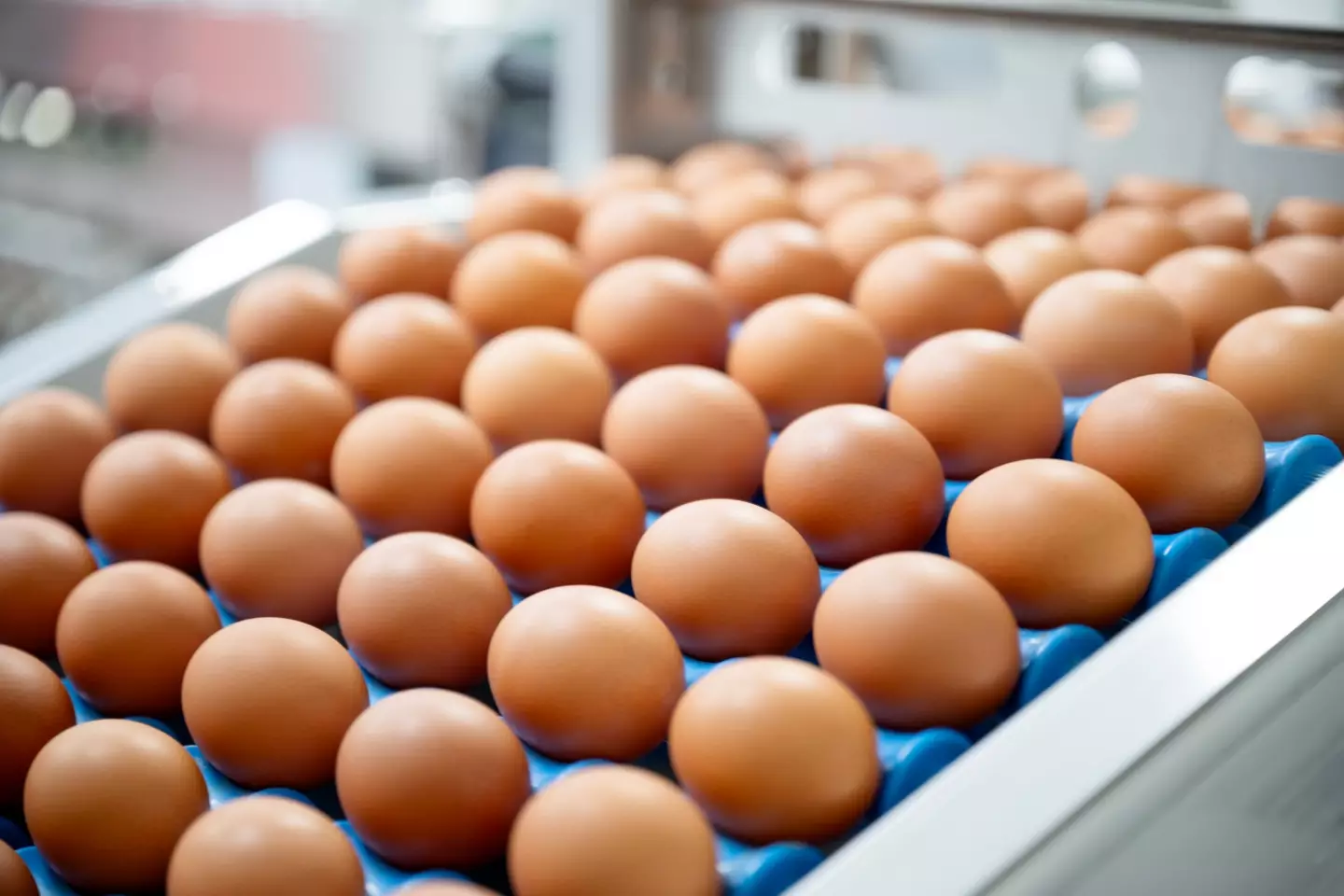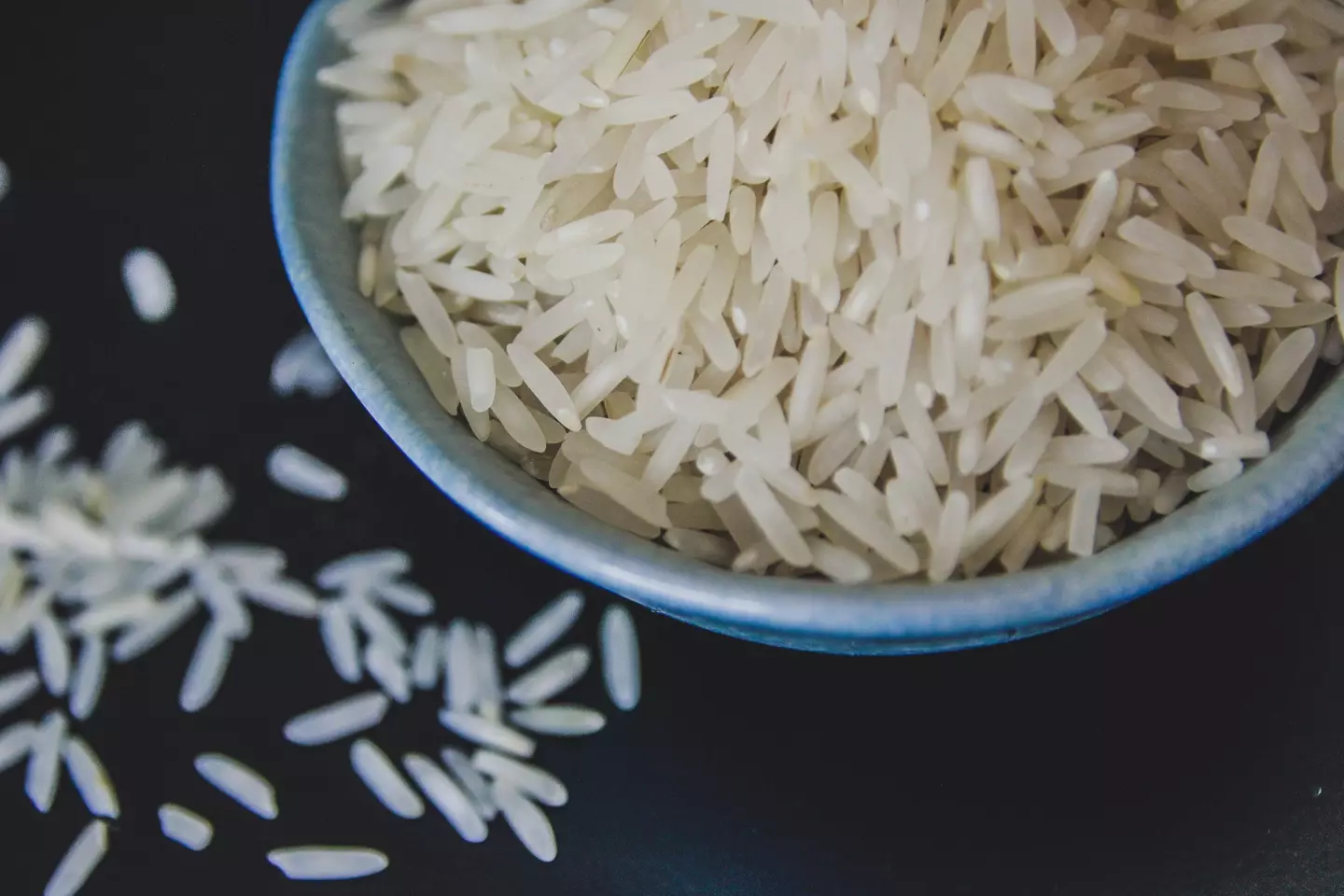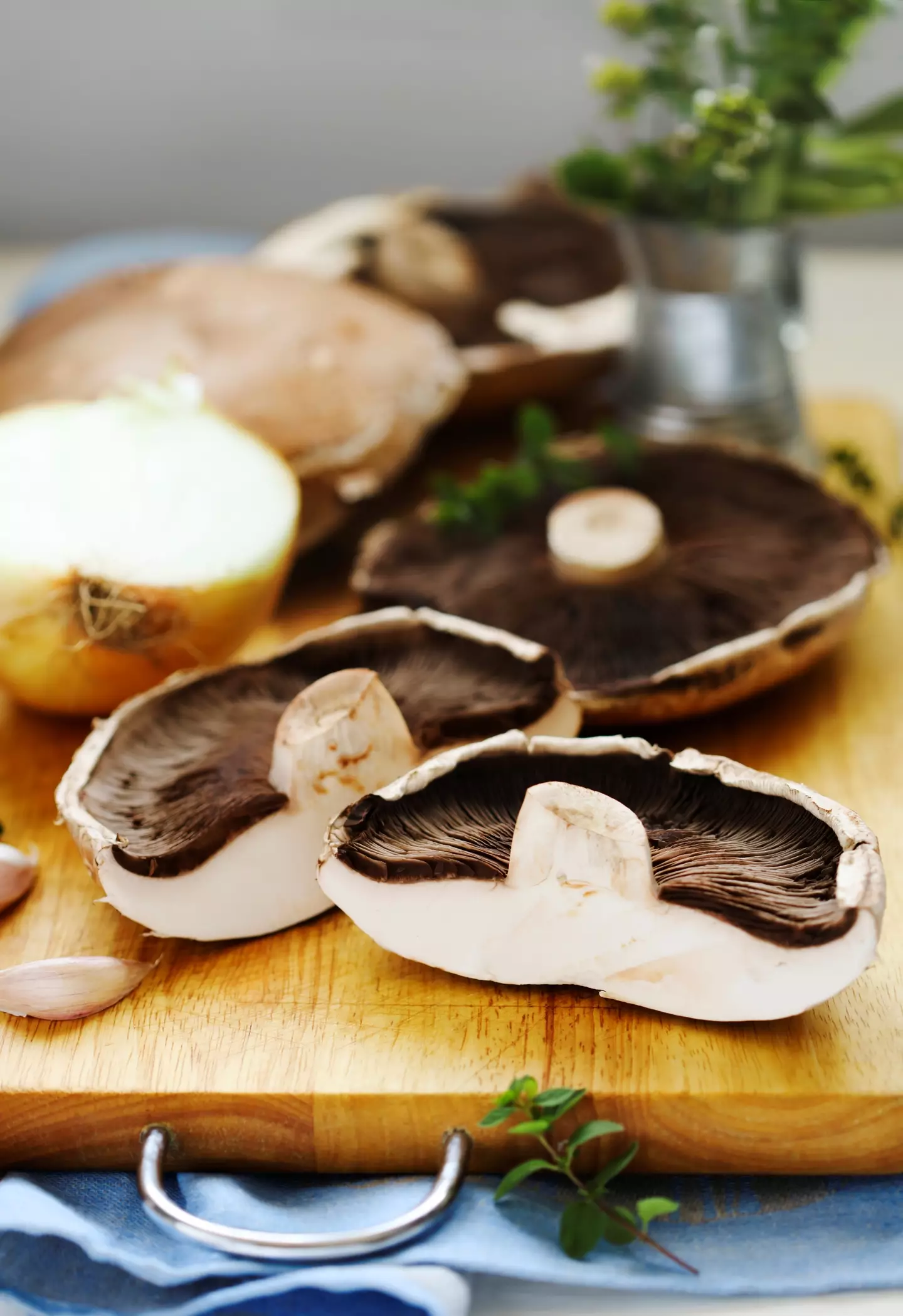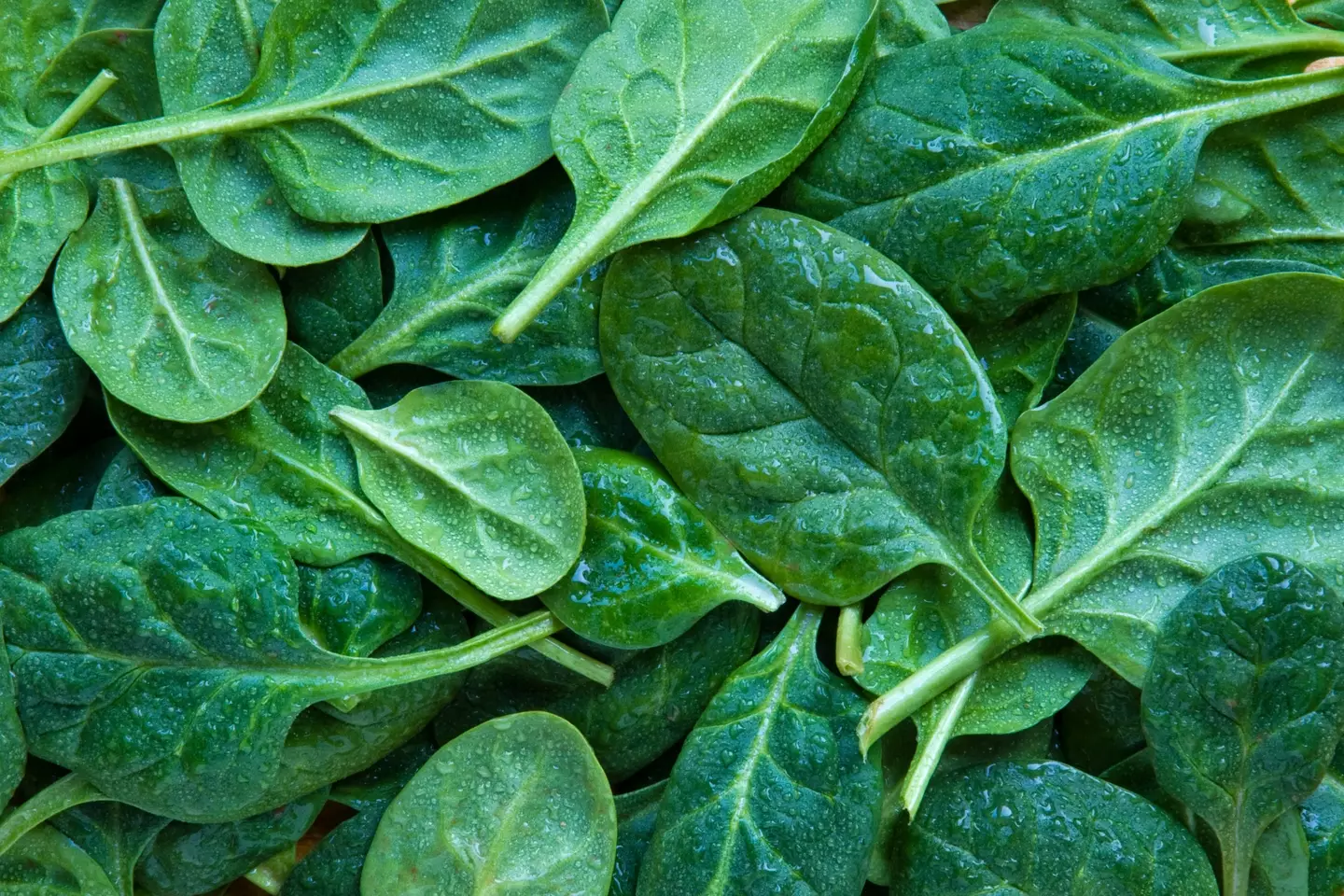
These are five common foods you should never reheat due to potential health risks, according to experts.
With how busy work life can be, it's not exactly uncommon for people to bulk prep food and reheat it for an easy meal after leaving the office later in the week.
However, you may want to think twice about reheating certain types of food as it can actually be detrimental for our health.
Dr Stacey Duvenage, who works for the Natural Resources Institute at the University of Greenwich, said: "In the hope to offset food wastage, leftover food is often kept for a second meal.
Advert
"However, care should be taken when preparing it and reheating it to prevent food poisoning and to maintain the nutritional properties."
So which foods are a no-no to pop in the microwave?
Eggs
To be honest, I think the vast majority of us wouldn't think about reheating eggs anyway - but if you are, then you really should be thinking again.
To put it simply, eggs shouldn't be reheated under any circumstances, Dr Duvenage states.

"They're enjoyed globally for their convenience, affordability and health benefits, but leftover eggs should not be reheated," she said.
"Doing so leads to the proteins being oxidised, which could lead to the presence of cancer-causing agents in the food."
Rice
Right, I think rice is a pretty obvious one.
Cooked rice contains Bacillus cereus when it cools down, which can make you pretty sick with symptoms including the likes of vomiting, diarrhoea and stomach cramps.
"These spores can survive the cooking process and then begin to grow when rice is left at room temperature," Dr Duvenage said.
"This species of bacteria is able to produce a toxin which could lead to food poisoning."

However, there are a few things you can do to mitigate these changes if you are planning on reheating rice, dietician Harini Bala said on TikTok.
"It can be reheated if you're storing it within two hours [after cooking it] in the fridge in an airtight container," she said.
“But if you're cooking your rice in the morning [leaving it out] and storing it in the fridge at night to eat the next day, there is a huge possibility of Bacillus cereus forming.”
Mushrooms
Dr Duvenage said reheating mushrooms can not only make them soggy, but also make them lose important proteins and nutrients.

"Similarly to eggs, when proteins are oxidised, they can become carcinogenic," Dr Duvenage explained.
You may experience stomach ache or other digestive issues if mushrooms are left at room temperature.
Seafood
While seafood is generally fine to reheat, it's extremely important how you store it between cooking and reheating.
"Reheated seafood can be enjoyed safely, but caution must be taken in the preparation and immediate storage after cooking," Dr Duvenage said.

Really, you are going to want to eat seafood 24 hours after cooking or you could experience unpleasant symptoms such as diarrhoea and vomiting.
Spinach
Reheating spinach probably isn't the wisest move - though expert advice on the green vegetable has changed in recent years.
Previously, a substance called oxalic acid put folks off reheating spinach as it can increase your chance of kidney stones.

However, recent European Food Information Council states: "Provided proper cooling, storage and reheating takes place, it is fine to reheat spinach."
Topics: Health, Food and Drink
